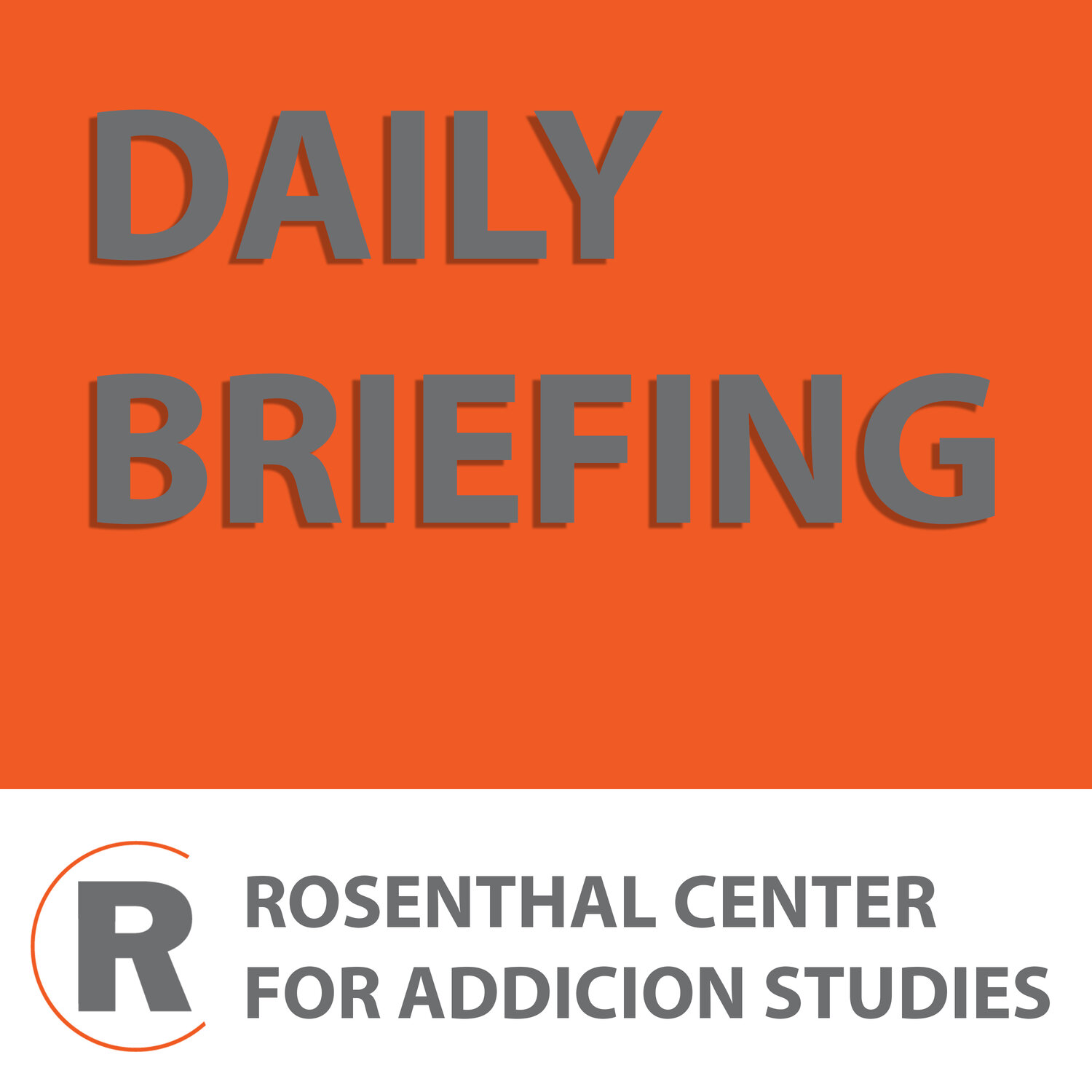The Daily Briefing 8.2.2021
Description
Overdose deaths are surging in Canada, as they are in the U.S., and the province of British Columbia is responding with a controversial strategy to give out highly addictive opioids to those struggling with substance abuse. The program includes distributing tablets of powerful fentanyl, with the hope that such drugs obtained from pharmacies and clinics are safer alternatives to street drugs, which increasingly are laced with lethal amounts of opioids and tranquilizers. Many say that the plan is an ineffective half-measure, as it does not include access to any form of drug treatment or a requirement that an addict must enroll in treatment. More than five people die every day from a drug overdose in the province, and while this approach may reduce fatalities at first, it won’t, in the long run, help substance users on the road to recovery.
Meanwhile, states are eager to get their hands on a portion of the proposed $26 billion opioid settlement and this may eventually lead to competing interests vying for a share of the money. If the deal is approved, the money would be shared among some 40 states that brought lawsuits against three big drug distributers and the opioid maker Johnson & Johnson. The settlement arrangement does include guidelines for how the money should be spent on addiction and treatment services, but legislatures could still squabble with governors and counties over priorities such as abatement programs. To get ahead of the process, Tennesse has established a special council to allocate funding, while New York set up a “lockbox” for money to ensure it goes to addiction services. Still, public health officials are still concerned about how exactly the states will allocate their dollars, and which programs will be funded.
And finally, the judge overseeing the opioid trial underway in West Virginia –part of the sprawling opioid litigation involving thousands of lawsuits—will have to answer a critical question: was it “reckless” for drug distributors to ship 81 million doses of a highly addictive opioid to one small Rust Belt city? And if so, can the deaths and addiction that followed be described as a public nuisance? The ruling, expected in a month, could shape precedents concerning corporate accountability for the opioid epidemic, in which more than 500,000 Americans have died. The West Virginia trial is taking place as more than 40 states are deciding whether to accept a proposed $26 billion settlement for a portion of the opioid cases, in which big drug distributors and opioid maker Johnson & Johnson are accused of contributing to the opioid epidemic.
More Episodes
More and more people are turning to medical cannabis products to alleviate mental health problems such as anxiety, depression, and insomnia—although there is little science indicating that the drug is safe and effective to treat these problems. Advocates of medical marijuana legalization have...
Published 10/28/21
Published 10/28/21
The New York Times finally weighs in on the risks to kids from marijuana edibles, noting that many teens underestimate the dangers associated with the drug. With pot legalization making pot more widely available, young people have come to believe marijuana is less dangerous creating a perfect...
Published 10/22/21


